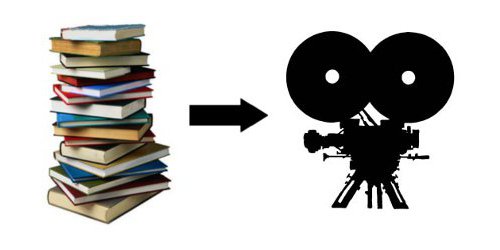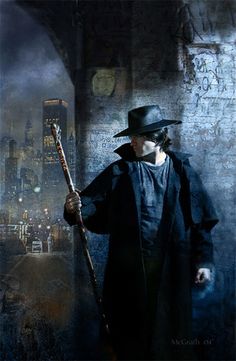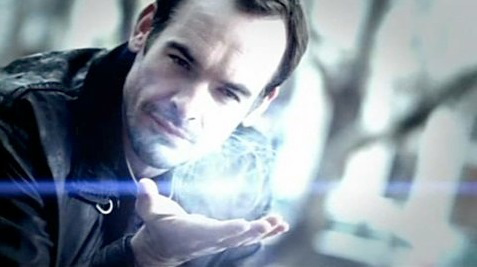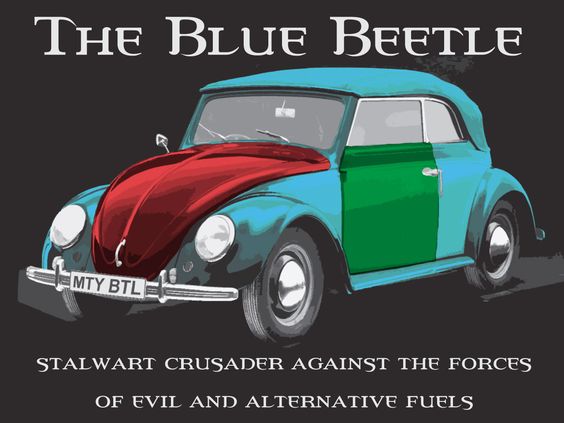My Year In Review
I had planned for 2016 to be my best year yet, moving forward with all my writing projects, and doing the ground work to build a larger readership. As some of you may know, I do this writing gig fulltime, it is my job. As this year closes out, I have sold about 200,000 books, eBooks, paperbacks and audiobooks. I was hoping to pass the half million dollar gross income level as an independent for the four years I had been doing it. I was planning on releasing seven books, as well as finishing off an effort I was hoping to interest Baen books in. Unfortunately, things don’t always work as planned.
As the year dawned, I had just returned from a workshop cruise in December (Sail To Success), and had taken a belt test for Kempo Karate. I had been feeling my best in years, and I was planning on putting out five thousand words a day, which would put me at almost two million words. I really didn’t think I would do that, but a million seemed like a possibility. Then, in January, I started losing energy. Every morning I woke up feeling like I had fought a battle the night before. I kept on writing, but not at the level I wanted, and the workouts went out the window. In March my primary care physician told me she thought I had sleep apnea. Now, since I go to the VA, this didn’t mean I would get immediate treatment. It took two months to get the sleep study, followed by another sleep study, and four months after my primary told me her thoughts I finally got my CPAP. It has made a world of difference, and I started working out again. Still not at one hundred percent, but I can see it coming.
Now that that’s out of the way, what did I do with my year? To start off I put out a book I had on my hard drive for five years, just so I could get something out. The first of the second trilogy of The Deep Dark Well series, it did well enough. I also put out a collection of short stories set in the Exodus Universe, a little under 70,000 words, and sold about five thousand copies in the first three months, about what the first, shorter volume had done. The production company that does my audiobooks put out Exodus: Empires at War: Book 5: Ranger, which did okay, though I’m not sure if sales were enough to convince them to do book 6. Time will tell. In May I put out Exodus: Empires at War: Book 10: Search and Destroy. While the book sold well, it was probably my weakest reviewed novel since the first of the series, many people thinking it was just a placeholder novel, which it kind of was. That taught me something about series, something I will avoid in future efforts. In August I put out Book 11: Day of Infamy, which met with much better reviews. I had planned to have that book out by the end of June, but the sleep apnea interfered. I started to work on Exodus: Machine War: Book 3 and finally got it out the door on November 20th. I have also put out some short stories for anthologies, and did some of the planning on future series. Not my most productive year, but still enough to make more than twice what I made in a year at my old day job.
I attended three conventions this year, starting with Pensacon, where I was merely a visitor and spent some time with my Superstar Friends. In July I went to Libertycon in Chattanooga, where I sat on two panels and moderated a third. Good practice. Dragoncon in September, and this year I was able to get two panels, one on the writer’s track, and a really fun one in the scifi lit track called starship showdown. I have been told I will get even more next year, and I am planning on putting in an application as a Dragoncon guest. We can always dream. And I was invited back to Sail To Success this year as a Student/Instructor, at a hefty discount, so I can give my take on Indie Publishing on two panels. Add to that, I have been invited to next year’s Florida Writer’s Association con as a faculty member.
The year didn’t go as planned, but I still was able to work my dream job and make a good living at it. Hopefully I will do better this next year, and if I don’t? No problem, I will still be happy.
Doug’s Bio:
Bio – Doug Dandridge
Doug had been writing since 1997, and had garnered almost three hundred rejections from publishers and magazines before trying his hand at self-publishing on December 31, 2011. A little over a year later he quit his day job with the State of Florida, and has been a full-time author ever since. Doug has published thirty-one books on Amazon, and has sold over two hundred thousand copies of his work. His Exodus books, with eleven volumes in the main series, plus five in the two spinoff series, have sold over a hundred and seventy thousand books. They have consistently hit the top five in Space Opera in the UK, as well as top ten status in the US. Doug likes to say that he does not write great literature, but entertainment, and his fans agree enough to keep buying his work. He has well over three thousand reviews on both Amazon (4.6 star average) and Goodreads (4.12 star average).
Doug attended Florida State University (BS, Psychology) and the University of Alabama (MA, Clinical Psychology). He served four years in the Army as an Infantryman and Senior Custodial Agent, followed up with two years in the National Guard. A lifelong reader of the fantastic, he had an early love for the classics of science fiction and fantasy, including HG Wells, Jules Verne and the comics of Stan Lee and Jack Kirby. He writes fast moving, technically complex novels which appeal to a hardcore fan base. He has plans for several future series, including several space operas, a couple of classic fantasies, some alternate history, and even a post-apocalyptic tale. He puts out about five books a year, and still has time to attend several conventions, including Dragon Con and Liberty Con. This year he added board member of Tallahassee Writers Association to his resume’.

 Leveraging your IP into a film or miniseries adaptation is one of the best ways to make money as a writer. Not only can you get the income from licensing your rights, but having a major motion picture or miniseries made will give your works access to a much larger audience. The phrase “based on a bestselling series” is good for both sides of the business. It attracts attention to the movie, but it will also give a healthy boost to your book sales leading up to the release.
Leveraging your IP into a film or miniseries adaptation is one of the best ways to make money as a writer. Not only can you get the income from licensing your rights, but having a major motion picture or miniseries made will give your works access to a much larger audience. The phrase “based on a bestselling series” is good for both sides of the business. It attracts attention to the movie, but it will also give a healthy boost to your book sales leading up to the release. However, film has significant advantages in its ability to employ complex visual elements. As authors, we rely on the power of our language to inspire our audience’s imaginations. Film, on the other hand, relies on the skill of the special effects, costuming, and set design teams as well as the training of the actors. When you write a book, be sure to feed those teams with strong, iconic visuals. Furthermore, a five second panning shot can show the thousands of tiny details that would take an author five pages to describe. You get the same effect without having to worry about slowing down pacing.
However, film has significant advantages in its ability to employ complex visual elements. As authors, we rely on the power of our language to inspire our audience’s imaginations. Film, on the other hand, relies on the skill of the special effects, costuming, and set design teams as well as the training of the actors. When you write a book, be sure to feed those teams with strong, iconic visuals. Furthermore, a five second panning shot can show the thousands of tiny details that would take an author five pages to describe. You get the same effect without having to worry about slowing down pacing. Though many of Dresden’s spells were fantastic, they were also remarkably low budget. Making the pentacle necklace glow? Not hard. Blasts of fire would take more skill, but can be done in a number of film editing softwares. As can Bob’s glowing campfire sparks.
Though many of Dresden’s spells were fantastic, they were also remarkably low budget. Making the pentacle necklace glow? Not hard. Blasts of fire would take more skill, but can be done in a number of film editing softwares. As can Bob’s glowing campfire sparks. For example, the directors of the Dresden Files TV series chose to eliminate the beloved Blue Beetle in favor of a Vietnam era jeep. While the Blue Beetle provided good comic relief in the books, it would have been an extremely difficult set piece to shoot. The director’s camera angles would have been severely limited by how small and enclosed the vehicle was. The only way to get around this problem would be to have multiple Beetles – the first for exterior shots, and a second that was partially disassembled accommodate to the cameras for the interior shots.
For example, the directors of the Dresden Files TV series chose to eliminate the beloved Blue Beetle in favor of a Vietnam era jeep. While the Blue Beetle provided good comic relief in the books, it would have been an extremely difficult set piece to shoot. The director’s camera angles would have been severely limited by how small and enclosed the vehicle was. The only way to get around this problem would be to have multiple Beetles – the first for exterior shots, and a second that was partially disassembled accommodate to the cameras for the interior shots.